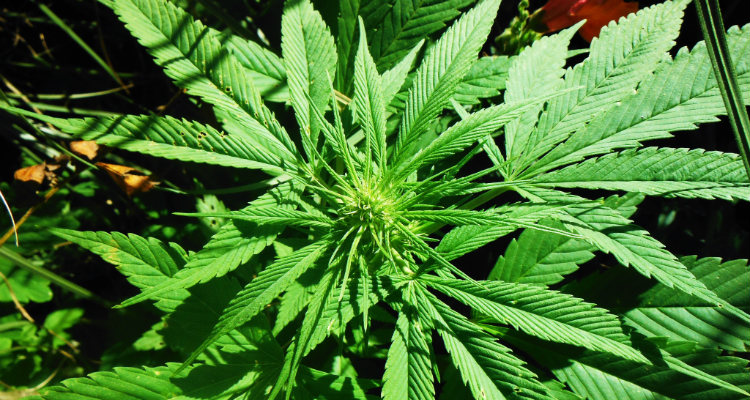A bill to legalize hemp cultivation and production nationwide has been filed in the U.S. Senate by Oregon’s Senator Ron Wyden (D-OR). The bill is co-sponsored by fellow Oregon Senator Jeff Merkley — also a Democrat — Senator Rand Paul (R-KY) and Senate Majority Leader Mitch McConnell (R-KY).
Oregon and Kentucky are two of twenty states that have officially recognized a difference between hemp and cannabis and passed legislation to ease governmental blocking of hemp production. These state-wide alterations to federal law were validated by Congress when it passed the 2014 Farm Bill, which allowed states who had legalized hemp production to move forward with experimental pilot crops.
Now, the “Industrial Hemp Farming Act of 2015″ would remove hemp from its Schedule 1 status under the Controlled Substances Act on a national level. Hemp, so long as it contains less than 0.3 percent tetrahydrocannabinol (THC), would no longer be considered an illegal, intoxicating or dangerous substance.
“The U.S. ban on hemp farming is an outrageous restriction on free enterprise and does nothing but hurt economic growth and job creation,” Sen. Wyden said. “Our bipartisan, common-sense bill is pro-environment, pro-business, and pro-farmer. Congress must act to empower farmers and boost economic activity across the country.”
“Allowing farmers throughout our nation to cultivate industrial hemp and benefit from its many uses will boost our economy and bring much-needed jobs to the agriculture industry,” said Sen. Paul.
This year’s bill bears many similarities to one filed by Sen. Wyden in 2013 — also co-sponsored by Sens. Merkley, Paul, and McConnell — which ultimately failed. 2014, however, was a banner year for cannabis and hemp policy reform, and many experts predict that the political climate surrounding the controversial plant species will continue to relax.
Research indicates that industrial hemp has huge potential to affect many consumer and industrial products, from food and clothing to plastics and bio-fuel. Currently, it is legal to purchase products made from hemp in the U.S., but not to grow the plant itself. At least thirty other developed countries do allow hemp cultivation, and the world’s current leader in industrial hemp is China.
Sources:
Photo Credit: stephen jones
